Summer Tires vs. All-Season Tires: Which is Right for You?
Posted by WheelSetGo on 26th Jun 2024
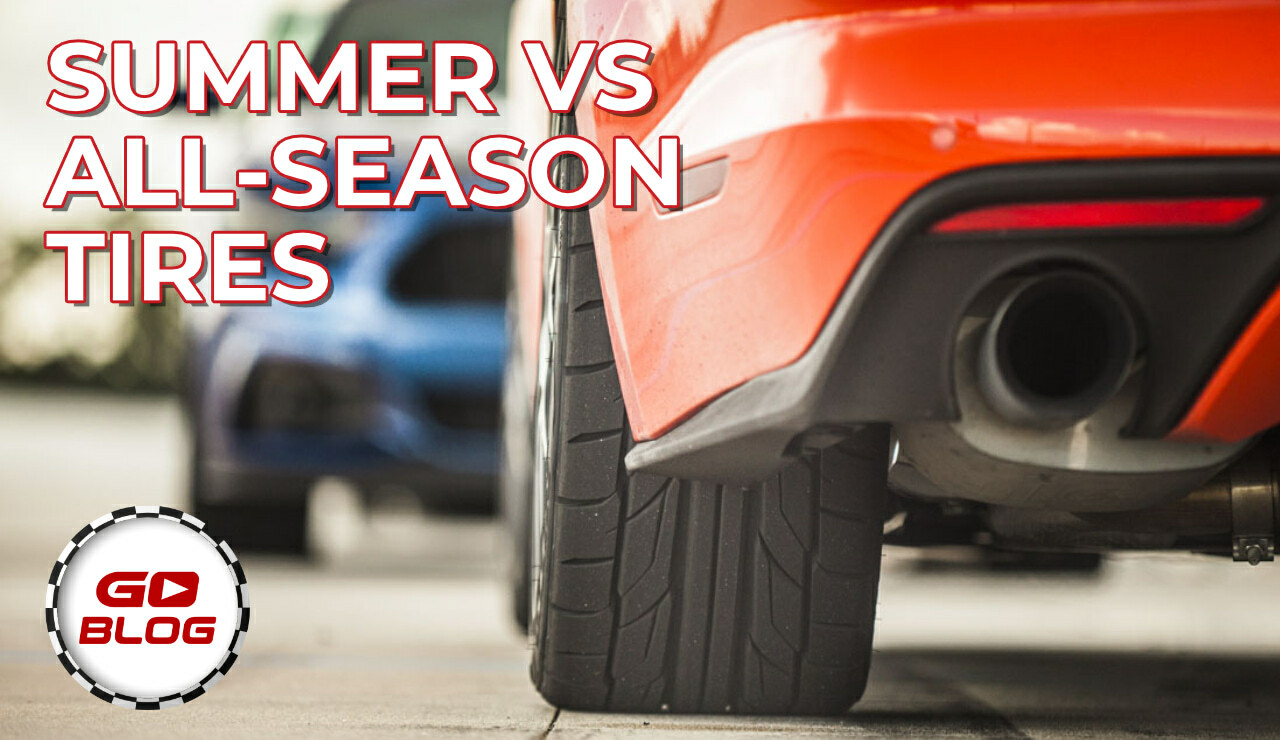
Summer Tires vs. All-Season Tires: Which is Right for You?
Choosing the right tires for your vehicle is crucial for safety, performance, and comfort. With so many options available, it can be challenging to decide between summer tires and all-season tires. Each type has its own set of advantages and disadvantages, depending on your driving habits, climate, and performance needs. In this post, we'll explore the key differences between summer tires and all-season tires to help you make an informed decision.
Understanding Tire Types
Before diving into the specifics, it's essential to understand what summer tires and all-season tires are designed for.
Summer Tires
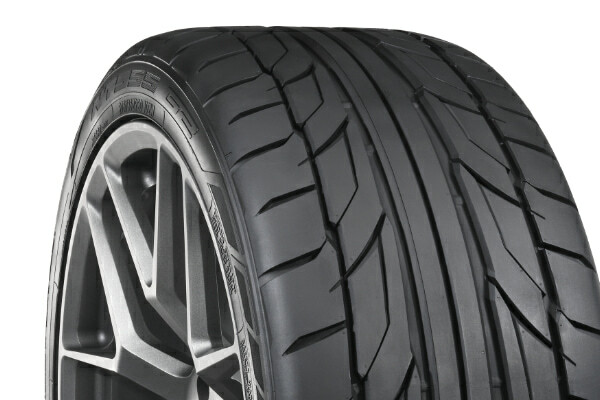
Also known as performance tires, summer tires are engineered for optimal performance in warm weather conditions. They feature a specialized rubber compound that provides superior grip and handling on dry and wet roads. The tread patterns are designed to maximize contact with the road, offering excellent responsiveness and cornering capabilities.
All-Season Tires
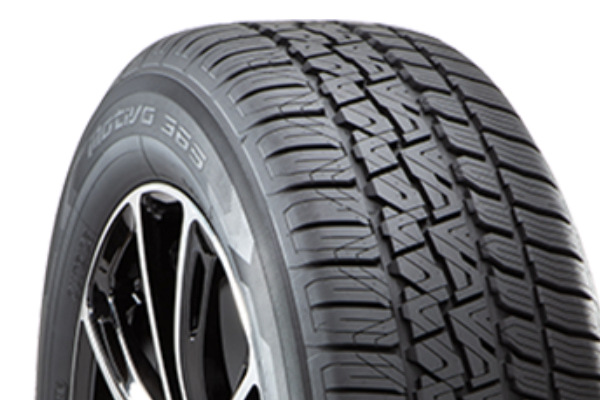
As the name suggests, all-season tires are designed to perform adequately in a variety of conditions, including dry, wet, and light snowy roads. They are made from a compound that remains flexible across a wider temperature range compared to summer tires. The tread design balances the need for traction and longevity, making them a versatile choice for many drivers.
Performance Comparison
When comparing summer tires to all-season tires, performance in various conditions is a significant factor.
Dry Conditions
Summer tires excel in dry conditions, offering superior grip and precision. Their sticky rubber compound and minimal tread grooves provide maximum road contact, enhancing cornering and braking performance. All-season tires, while competent, do not match the high level of dry performance that summer tires provide.
Wet Conditions
Summer tires also perform exceptionally well in wet conditions due to their unique tread patterns that channel water away and reduce hydroplaning risk. However, all-season tires offer a balance of wet and dry performance, making them reliable for everyday use in areas with frequent rain.
Snow and Ice
All-season tires are designed to handle light snow and mild winter conditions. Their tread patterns include sipes (small slits) that improve grip on snow-covered roads. In contrast, summer tires are not suitable for snow or ice, as their rubber compound hardens in cold temperatures, significantly reducing traction.

Climate and Regional Considerations
The climate you live in plays a vital role in determining the right tire type for your vehicle.
Warm Climates
If you live in an area with consistently warm temperatures and minimal snow, summer tires are an excellent choice. They will provide the best performance and handling for your vehicle.
Variable Climates
For regions with fluctuating weather conditions, including mild winters, all-season tires are more suitable. They offer the flexibility to handle both summer and winter driving conditions, although not as proficiently as dedicated summer or winter tires.
Severe Winters
In areas with harsh winters, neither summer nor all-season tires are ideal. Winter tires are recommended for such conditions due to their specialized design for snow and ice.
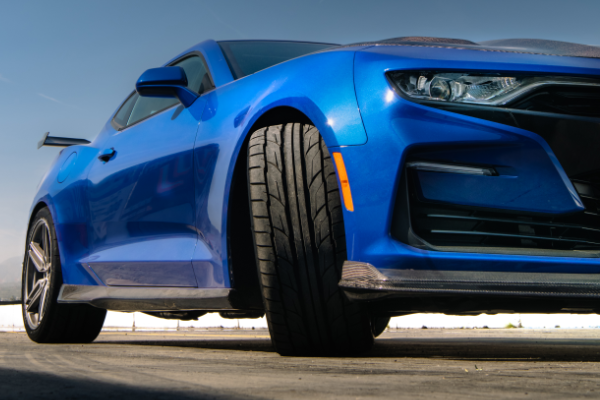
Driving Habits and Usage
Your driving style and typical usage also influence the best tire choice.
Daily Commuting
For everyday driving and commuting, all-season tires provide a good balance of performance, comfort, and durability. They are designed to handle a variety of road conditions, making them a practical choice for most drivers.
Performance Driving
If you enjoy spirited driving and prioritize handling and responsiveness, summer tires are the way to go. They deliver superior performance in warm weather, enhancing your driving experience.
Fuel Efficiency
Summer tires often offer better fuel efficiency due to their reduced rolling resistance. However, all-season tires are designed to provide a balance between fuel economy and performance, making them a cost-effective option for regular use.
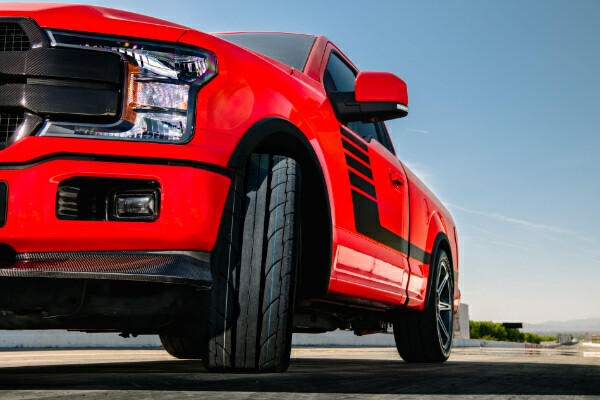
Cost and Longevity
Cost and longevity are essential factors to consider when choosing tires.
Summer Tires
Generally, summer tires tend to be more expensive due to their specialized design and performance capabilities. They also wear out faster than all-season tires, especially if driven in cooler temperatures or on rough roads.
All-Season Tires
All-season tires are typically more affordable and have a longer lifespan compared to summer tires. Their durability makes them a cost-effective choice for drivers who do not require the high performance of summer tires.
Wrapping Up
Choosing between summer tires and all-season tires depends on various factors, including your climate, driving habits, and performance needs. Summer tires are ideal for those seeking maximum performance in warm weather, while all-season tires offer versatility and practicality for a range of conditions. Assess your specific requirements and consult with a tire professional to make the best choice for your vehicle.
At WheelSetGo, we are here to help you find the perfect tires to match your needs. Our experts are ready to provide personalized advice and guide you through our extensive selection of summer and all-season tires.
For more information or to speak with a tire specialist, call us at 320-247-6160. Drive with confidence, knowing you have the right tires for the job!
